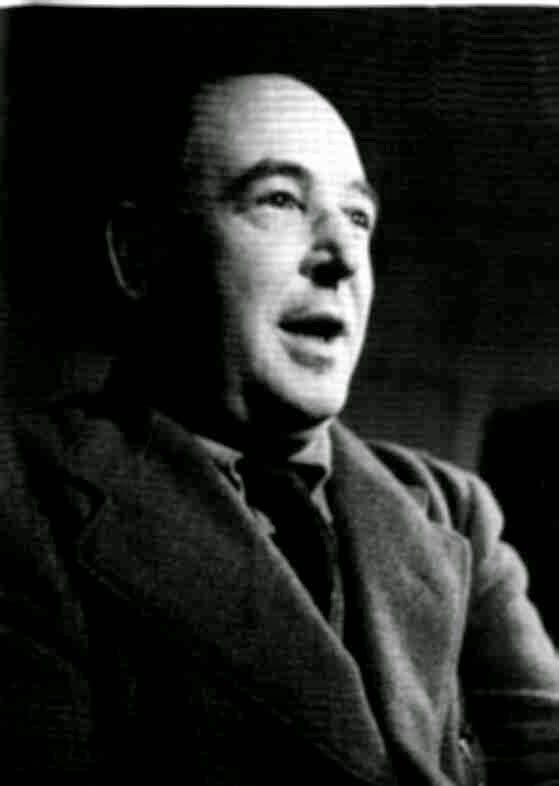 | ||||
| C. S. Lewis |
C.
S. Lewis once remarked (in his “Preface” to the 1961 edition of The Screwtape Letters) that there is no such thing as absolute evil. The Devil, he suggests, is not the evil opposite of God;
he is the evil opposite of a fallen angel, Michael. Lewis goes on to note that
if you took everything good away from the Devil—mind, will, and existence
itself—there would be nothing left. Evil is derivative. It is not a thing that
has an existence in and of itself. It is only the perverting and twisting of
something good.
I
liked this idea and incorporated it into a story called The Loss of Good. A woman
is trying to rescue a friend who thinks because he once “sold his sold to the
Devil” he has to commit suicide in obedience to his vow. The woman calls up a friend
who is an Anglican nun and who has counseled those involved in the occult. The
following exchange takes place. The nun, Heather, explains to her:
“Whatever power evil may have, it is
shabby and feeble. In the end it has no real power because it derives from
good.”
“It derives from good? How?”
“Evil is only the twisting of good. Like
C. S. Lewis once wrote: if you took
everything away from the Devil that is good, there would be nothing left of
him.”
“What’s good about the Devil?”
“He exists. He has a will, a mind;
obviously he has emotions. He wants things. He has perverted all of this and
turned against God, but the things in themselves are good things. If there was
nothing good about him he would not exist.”
So
when I look at some horror literature that suggests there is an absolute,
unstoppable, complete and total evil lurking on earth, it gives me pause. How could
there be absolute evil, since existence is good? If something was completely
evil, it could not exist. Existence itself is good. Evil does dwell on earth.
All we have to do is turn on the news reports to know that—or, often, look into
our pasts. But it is not a thing in and of itself. It needs the raw material of
good. Otherwise, it would fade out in a puff of smoke.
Paranormal
literature recognizes as much. In paranormal, as I understand it, evil does
reign or rule. It is not magnificent. It is not all-powerful. In a sense, it is
jerry-rigged. It is shabby and tacky. The political thinker Hannah Arendt gave the phrase, “the banality of
evil.” Visions of evil as magnificent and sophisticated are not accurate.
Robert
Herrick, a poet from the 1600s famous for his line, “gather ye rosebuds while
ye may,” wrote a little poem (where I got the title for my story) that rehearses the same idea Lewis set out:
Evil no nature hath; the loss of good
Is
that which gives to sin its livelihood.
Lewis
and Herrick are both echoing the ideas of the early Christian writer Augustine.
But whether one is religious or not, the idea that evil has a “nature” and
exists in and of itself, or is stronger than good, depends on a certain idea of the
nature of things. It is only by taking the good out of something good that evil
can form. As such, evil is not more powerful than good. Evil is vulnerable. It
is always fighting a defensive war. Paranormal literature tends to reflect
this.This marks it out as a distinct genre.
Still
more to come on this subject.
Check out my Writer's Page.









